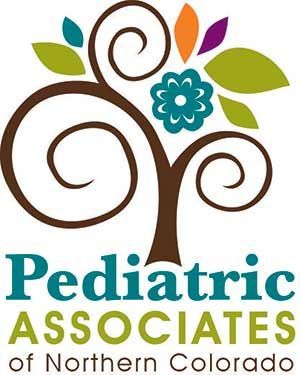In some children, fevers can trigger seizures. Febrile seizures occur in 2% to 5% of all children between the ages of 6 months and 5 years. Seizures, sometimes called "fits" or "spells," are frightening, but they usually are harmless. Read on for information from the American Academy of Pediatrics that will help you understand febrile seizures and what happens if your child has one.
What is a febrile seizure?
A febrile seizure usually happens during the first few hours of a fever. The child may look strange for a few moments, then stiffen, twitch, and roll his eyes. He will be unresponsive for a short time, his breathing will be disturbed, and his skin may appear a little darker than usual. After the seizure, the child quickly returns to normal. Seizures usually last less than 1 minute but, although uncommon, can last for up to 15 minutes.
Febrile seizures rarely happen more than once within a 24-hour period. Other kinds of seizures (ones that are not caused by fever) last longer, can affect only one part of the body, and may occur repeatedly.
What do I do if my child has a febrile seizure?
If your child has a febrile seizure, act immediately to prevent injury.
-
Place her on the floor or bed away from any hard or sharp objects.
-
Turn her head to the side so that any saliva or vomit can drain from her mouth.
-
Do not put anything into her mouth; she will not swallow her tongue.
-
Call your child's doctor.
-
If the seizure does not stop after 5 minutes, call 911 or your local emergency number.
Will my child have more seizures?
Febrile seizures tend to run in families. The risk of having seizures with other episodes of fever depends on the age of your child. Children younger than 1 year of age at the time of their first seizure have about a 50% chance of having another febrile seizure. Children older than 1 year of age at the time of their first seizure have only a 30% chance of having a second febrile seizure.
Will my child get epilepsy?
Epilepsy is a term used for multiple and recurrent seizures. Epileptic seizures are not caused by fever. Children with a history of febrile seizures are at only a slightly higher risk of developing epilepsy by age 7 than children who have not had febrile seizures.
Are febrile seizures dangerous?
While febrile seizures may be very scary, they are harmless to the child. Febrile seizures do not cause brain damage, nervous system problems, paralysis, intellectual disability (formerly called mental retardation), or death.
How are febrile seizures treated?
If your child has a febrile seizure, call your child's doctor right away. He or she will want to examine your child in order to determine the cause of your child's fever. It is more important to determine and treat the cause of the fever rather than the seizure. A spinal tap may be done to be sure your child does not have a serious infection like meningitis, especially if your child is younger than 1 year of age.
In general, doctors do not recommend treatment of a simple febrile seizure with preventive medicines. However, this should be discussed with your child's doctor. In cases of prolonged or repeated seizures, the recommendation may be different.
Medicines like acetaminophen and ibuprofen can help lower a fever, but they do not prevent febrile seizures. Your child's doctor will talk with you about the best ways to take care of your child's fever.
If your child has had a febrile seizure, do not fear the worst. These types of seizures are not dangerous to your child and do not cause long-term health problems. If you have concerns about this issue or anything related to your child's health, talk with your child's doctor.
© 1999 American Academy of Pediatrics, Updated 01/2012. All rights reserved. AAP Feed run on: 4/3/2025 Article information last modified on: 5/14/2024

